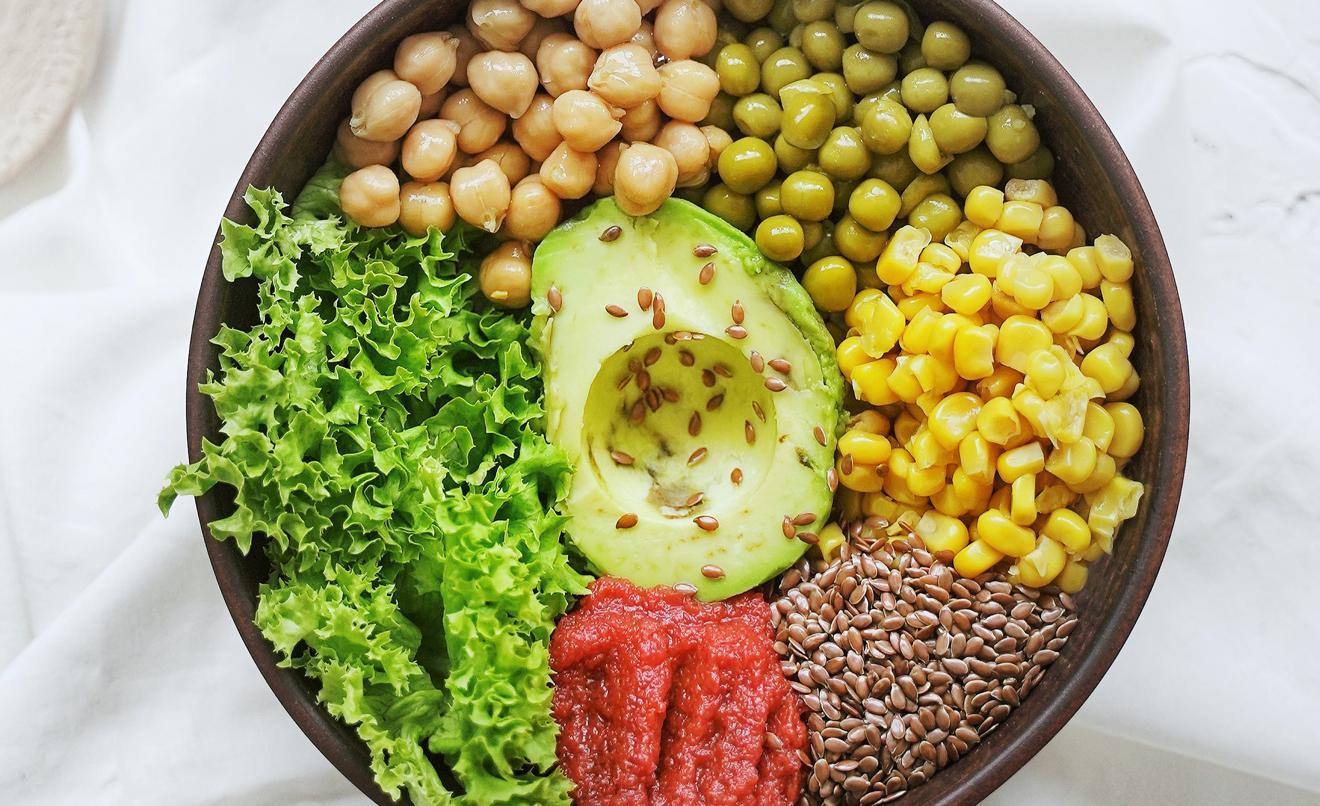Nutrition performs an important role in the good functioning of our immune system. Certain micronutrients such as copper, zinc, iron, selenium, vitamins A, C, E, B6, B12, or folic acid contribute to having strong defenses.
A varied and well-balanced diet, and vegetable food predominance —such as
fruits, vegetables, legumes and nuts— can provide us with enough nutrient
amounts and with phytochemicals with antioxidant properties.
- Vitamins C (citrus fruits, strawberry, kiwi, pepper and tomato), A (carrot,
parsley and apricot, containing beta-carotene, the precursor of this
vitamin) and E (wheat germ, nuts and eggs), for their
antioxidant action, help to protect airway cells against damages produced
by free radicals from environmental pollutants.
- Group B vitamins, mainly found in wholegrain flour, brewer’s
yeast and nuts, are also necessary for immune system proper functioning.
- Zinc, copper and selenium are essential micronutrients for immune
system normal functioning and development. Moreover, selenium is a powerful
antioxidant. The best zinc food sources are crustaceans, mollusks and
legumes. Copper is found in wholegrain cereals, legumes, nuts, liver, crustaceans
and mollusks. On the other hand, selenium is mainly found in entrails,
fish, meat, eggs, cereals and seeds.
- Garlic and onion contain sulfur compounds that improve
defenses. They also have antiviral, antibacterial and expectorant effect.
- Some vegetables from cruciferous
family: Brussels sprouts, cauliflower, broccoli and radish… contain sulfur
compounds (thiocyanates, isothiocyanates, indoles, sulforaphane) that,
among other health effects, enhance immune system functioning.
- Essential omega-3 fatty acids (chia, nuts, flax seeds or seaweed) and proteins (legumes,
fish and eggs), are also required for a suitable response of the immune
system.
- Probiotics and prebiotics contribute to maintaining intestinal flora in
good conditions, which is necessary for it to develop its functions:
protective effect (it inhibits damaging germ development and produces
antimicrobial substances) or immune system stimulant, among others. We can
find them, in yogurts and other fermented dairy products.
- Liquid sufficient
intake maintains respiratory mucosa hydrated, protects it against
infections, and helps to dissolve mucus.
What kind of food should we avoid?
It is convenient to avoid dairy products and carbohydrate excessive intake,
mainly refined products (bread, pasta, candies and flour) which not only
enhances mucus formation but also reduces immune capacity. In the same way, it
is highly recommended not to take food rich in saturated fats and sugars. In addition,
it is important to reduce salt intake, as well as to avoid alcoholic, carbonated
and stimulant beverages.
